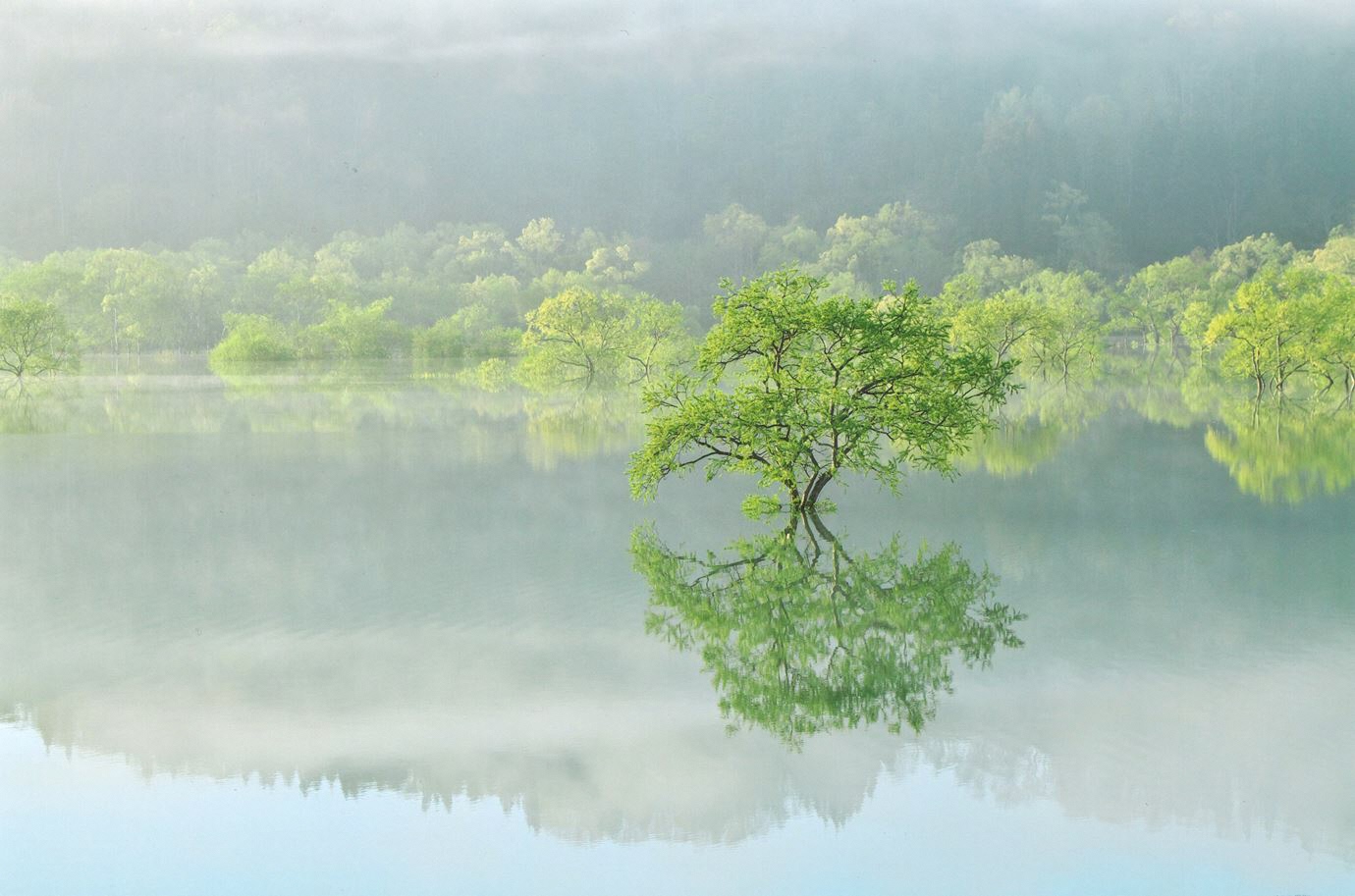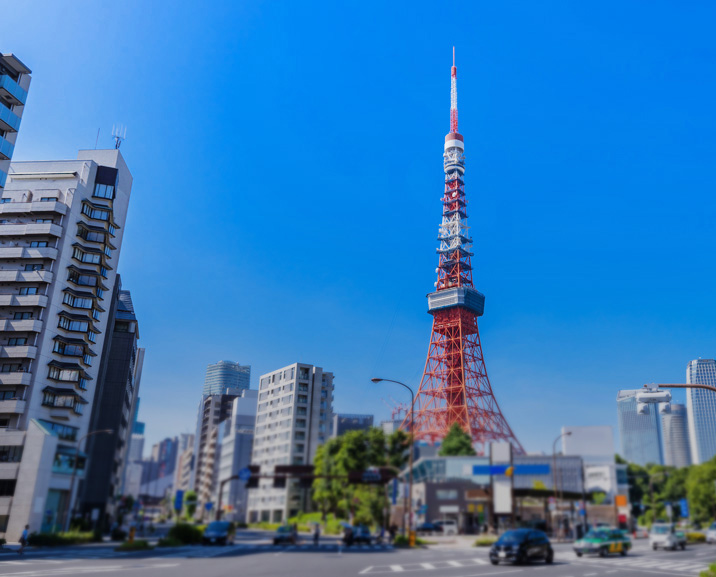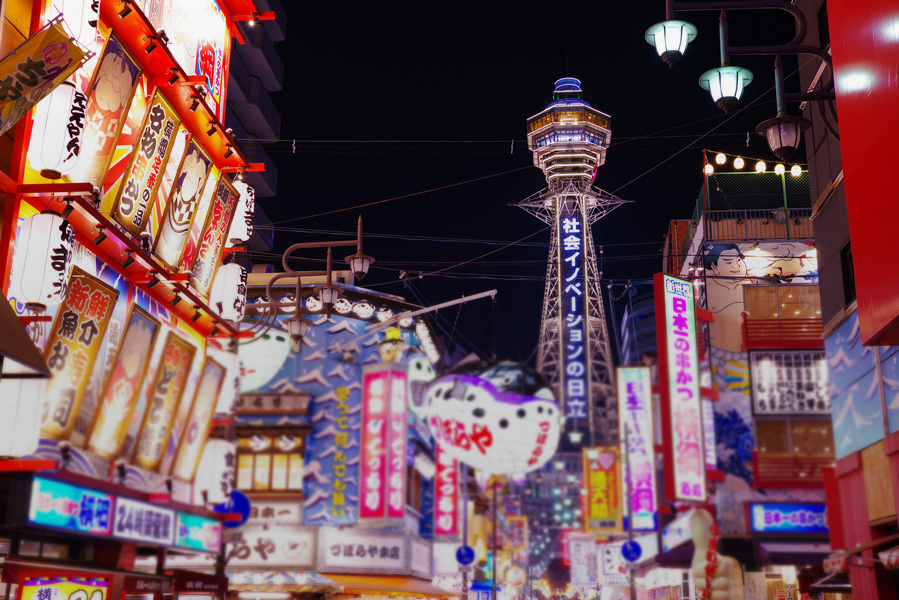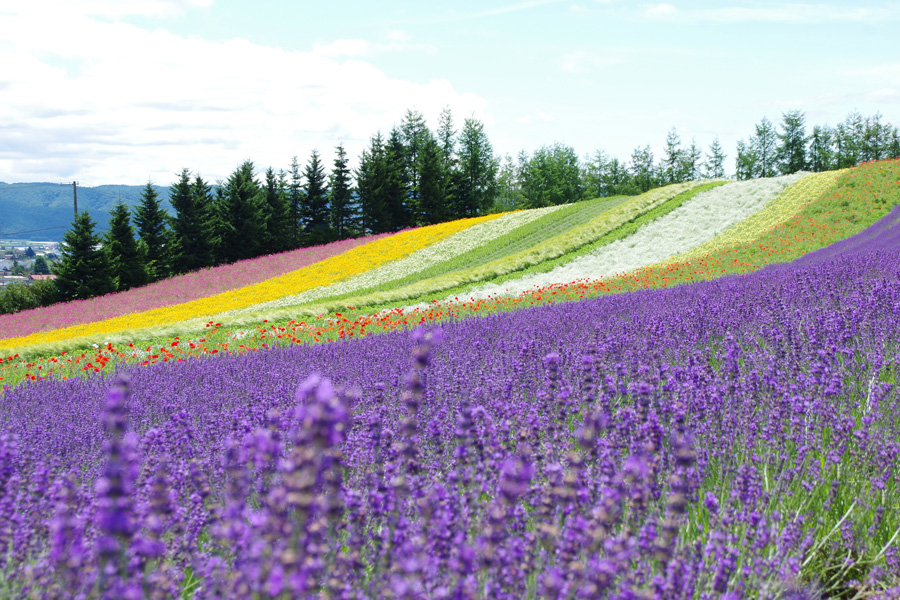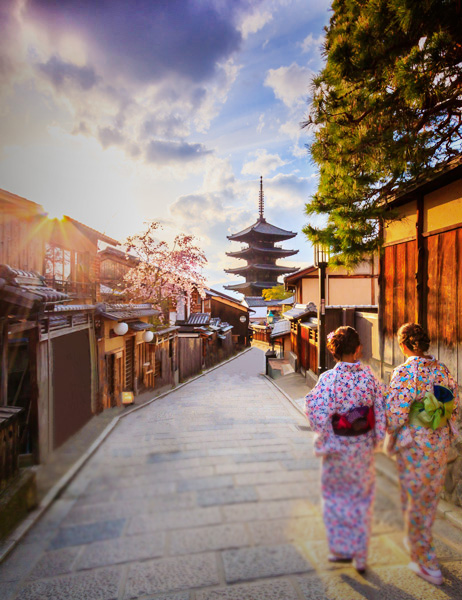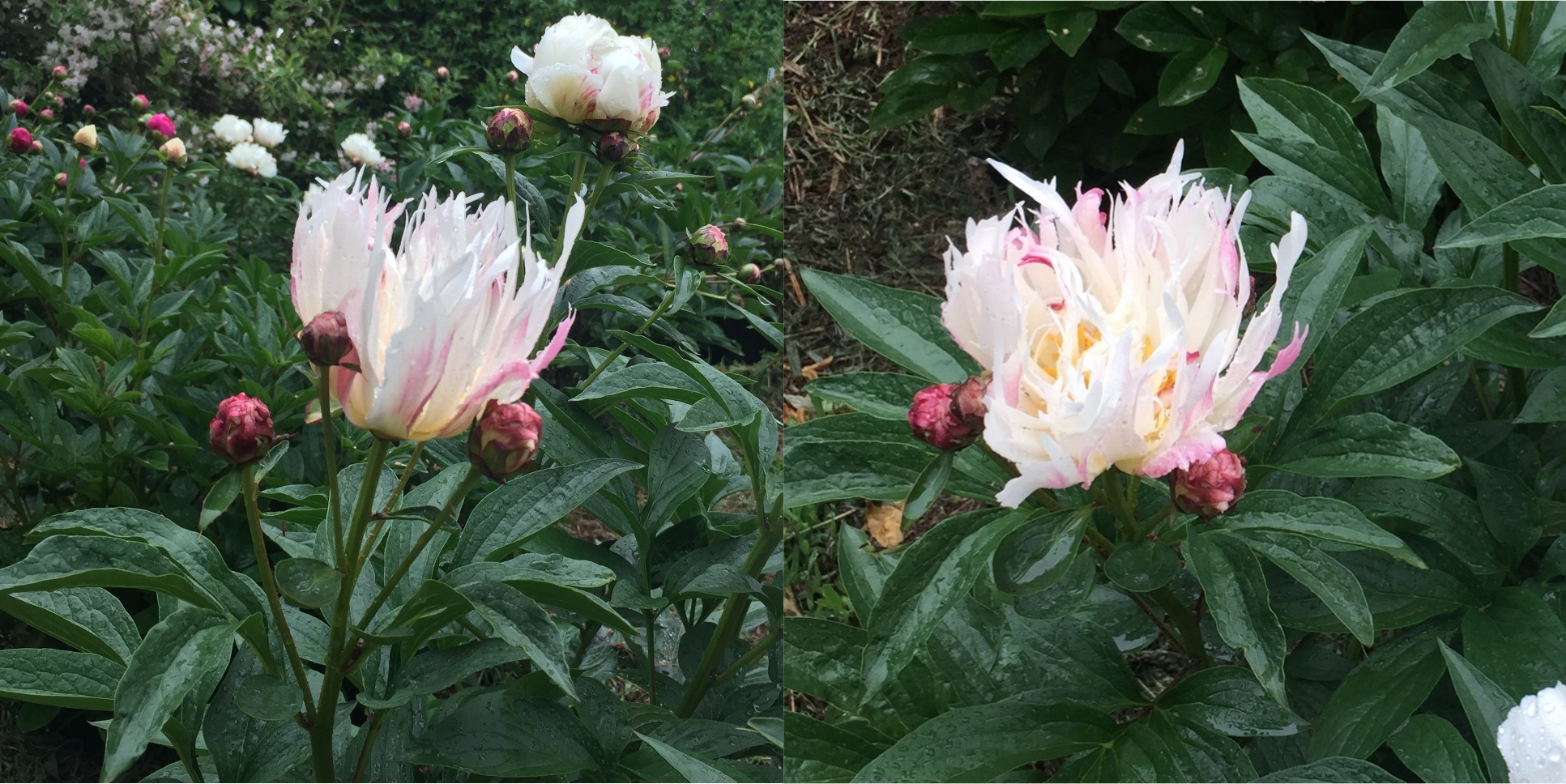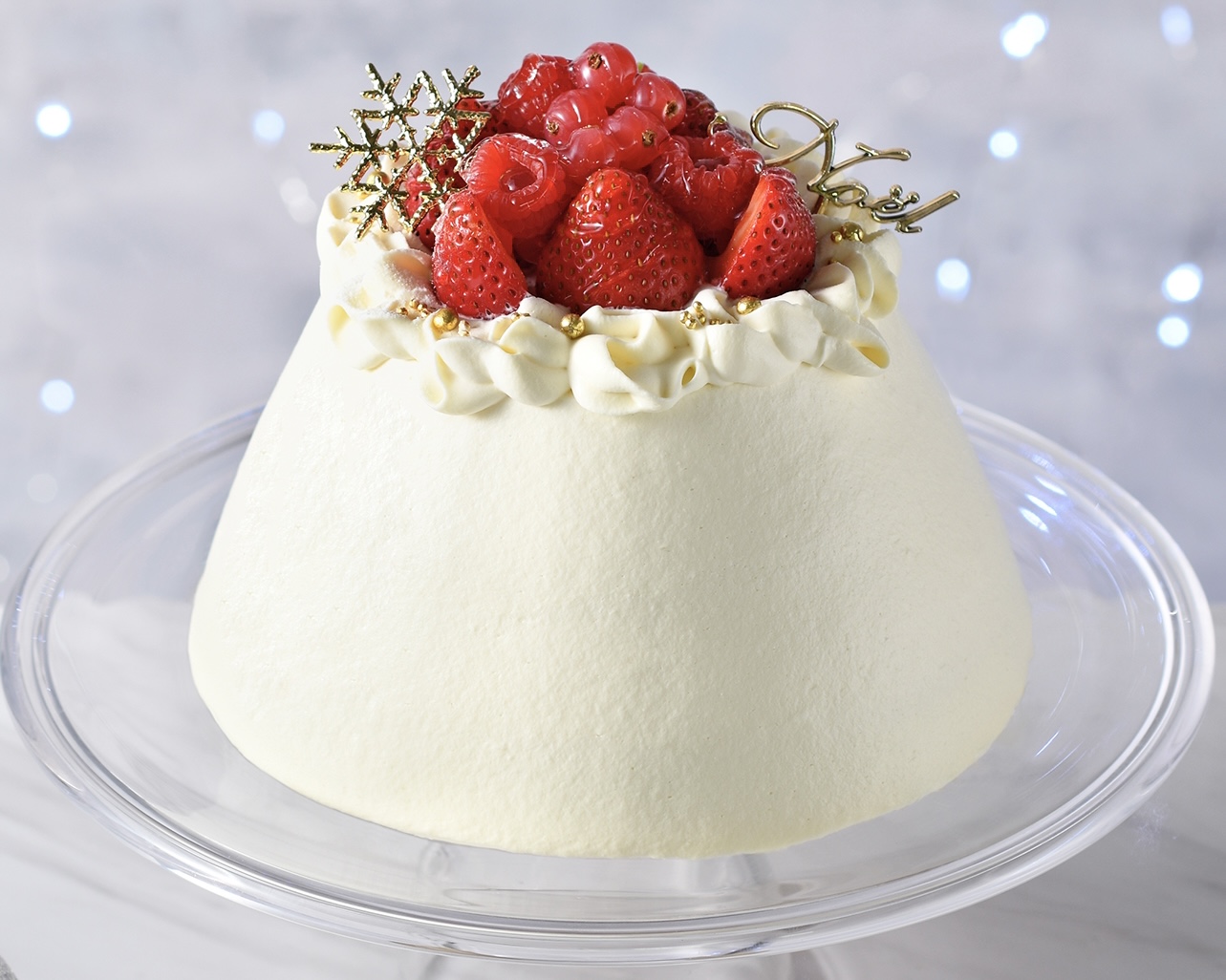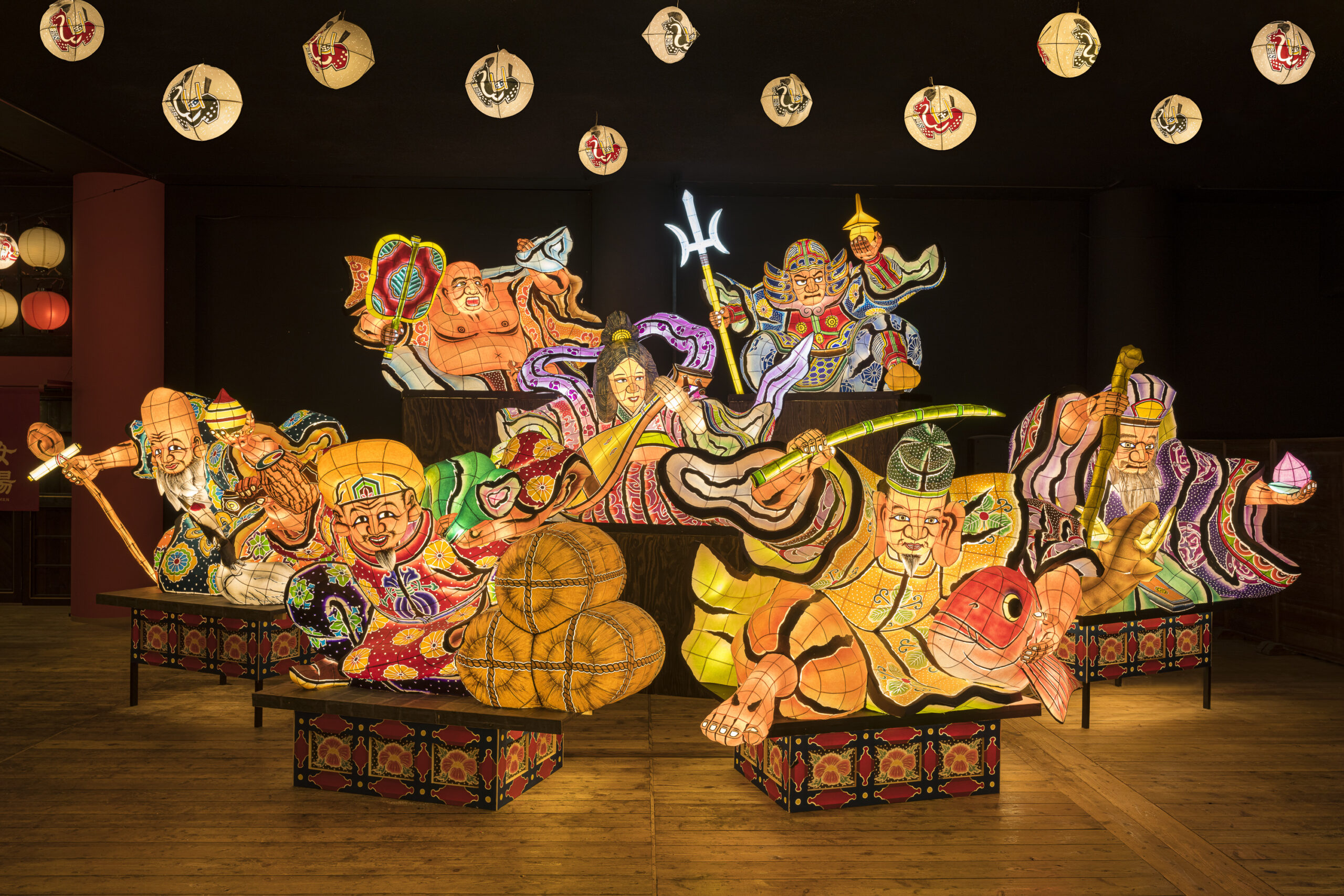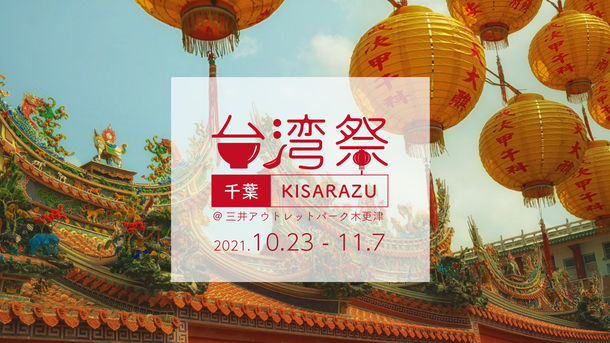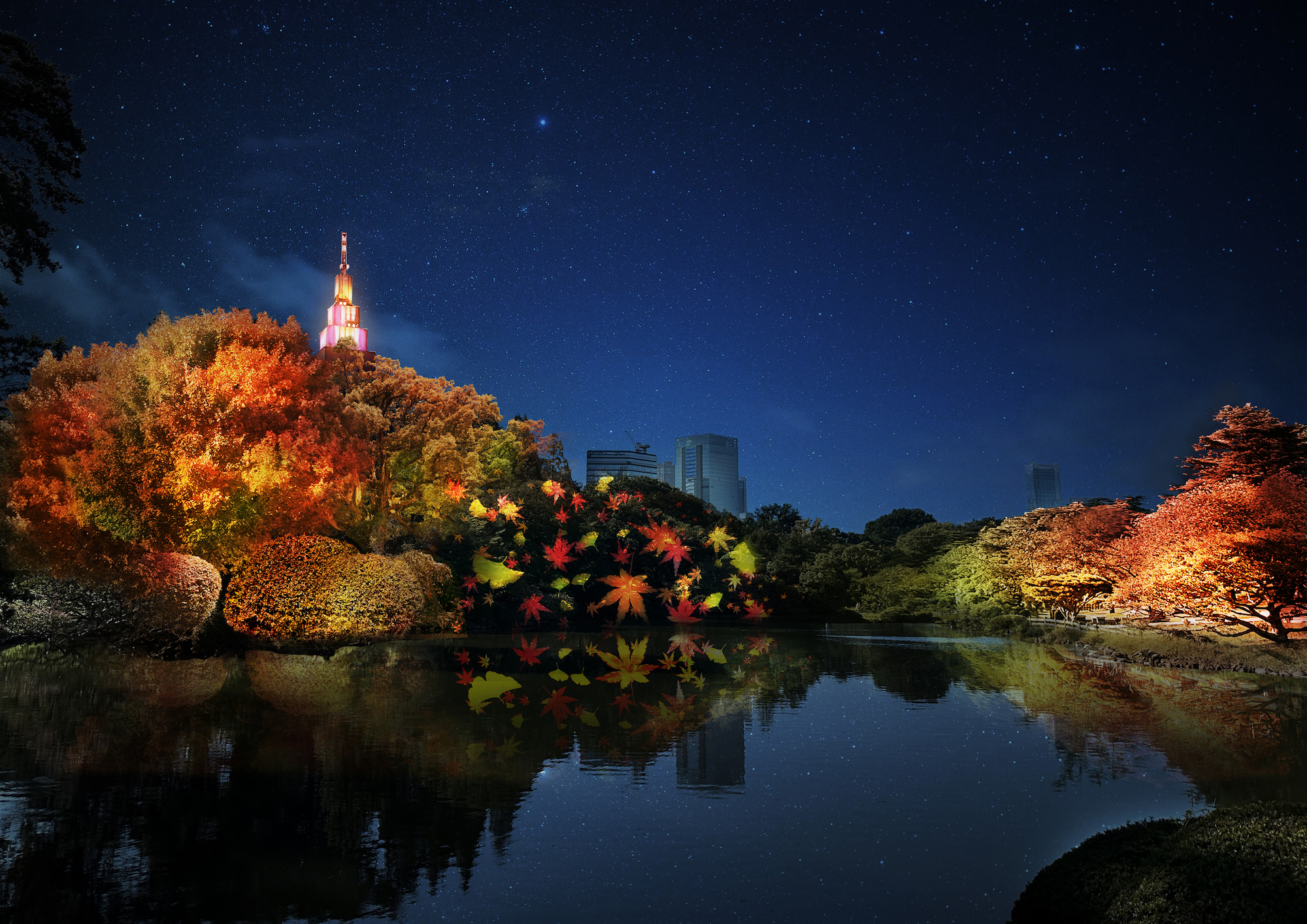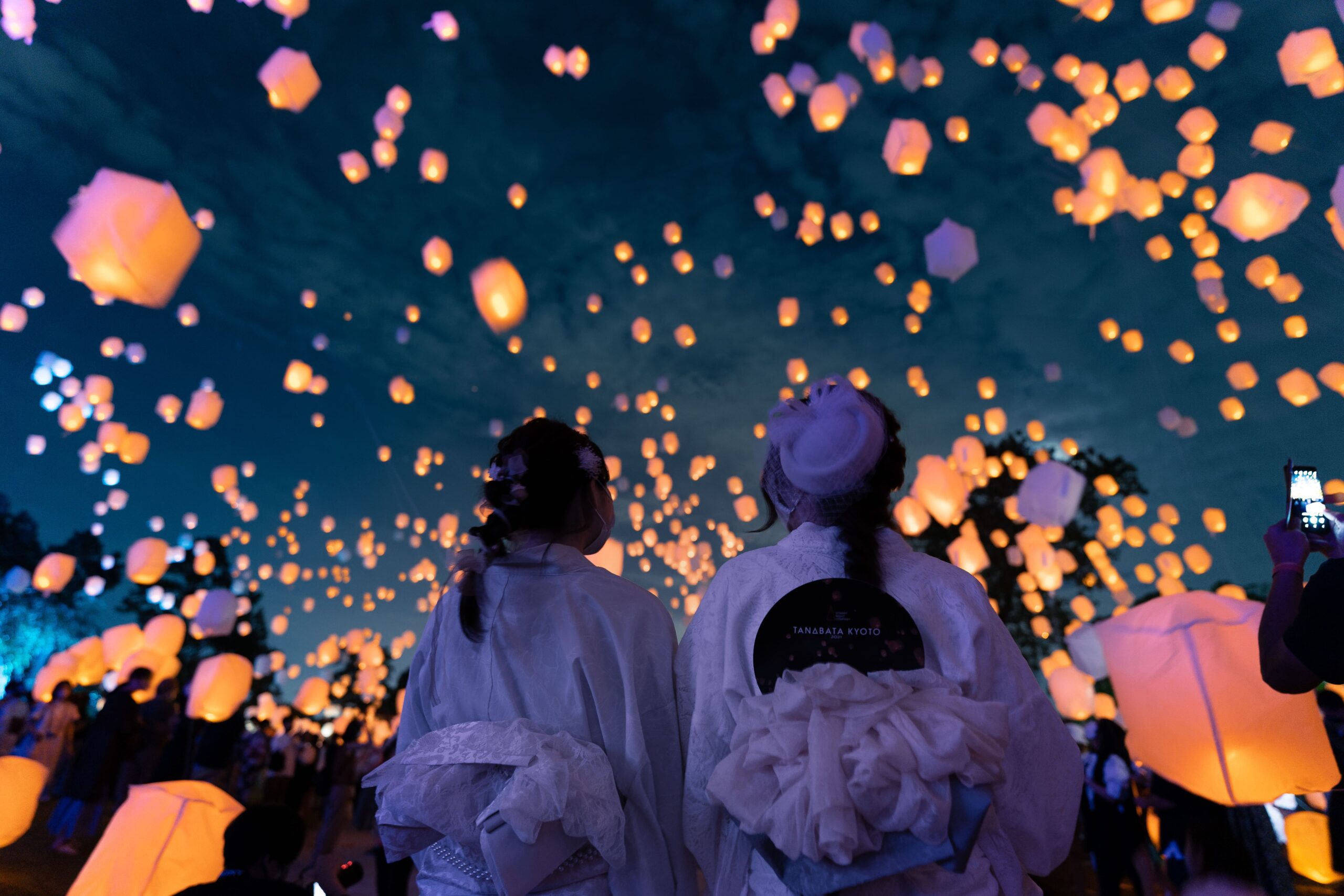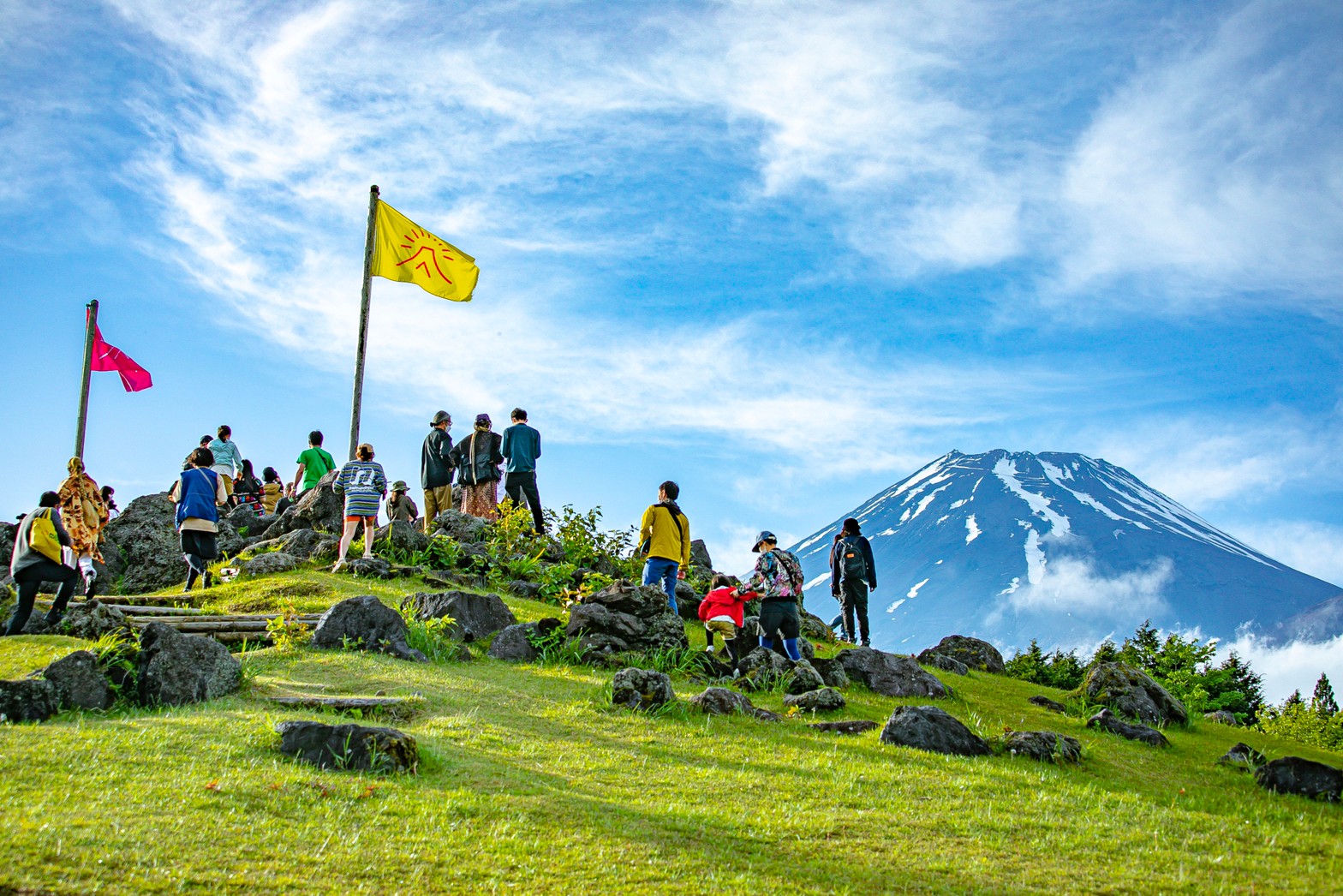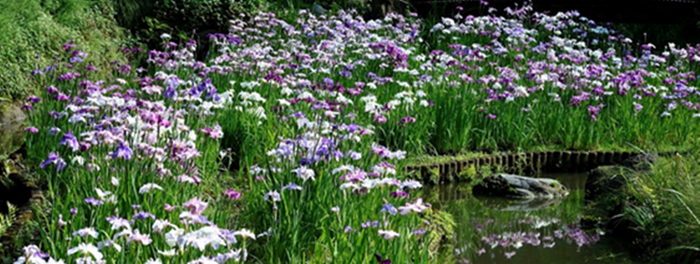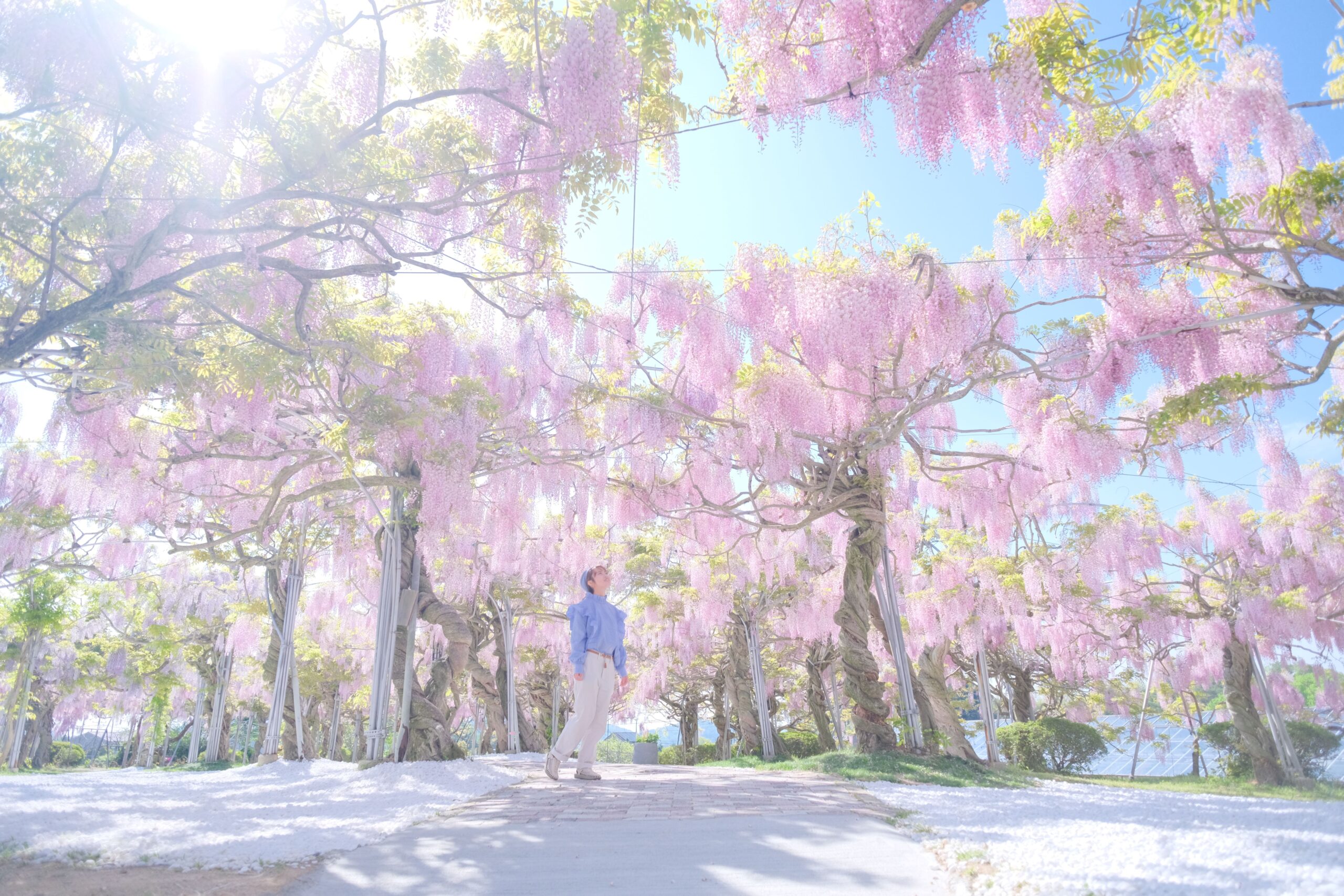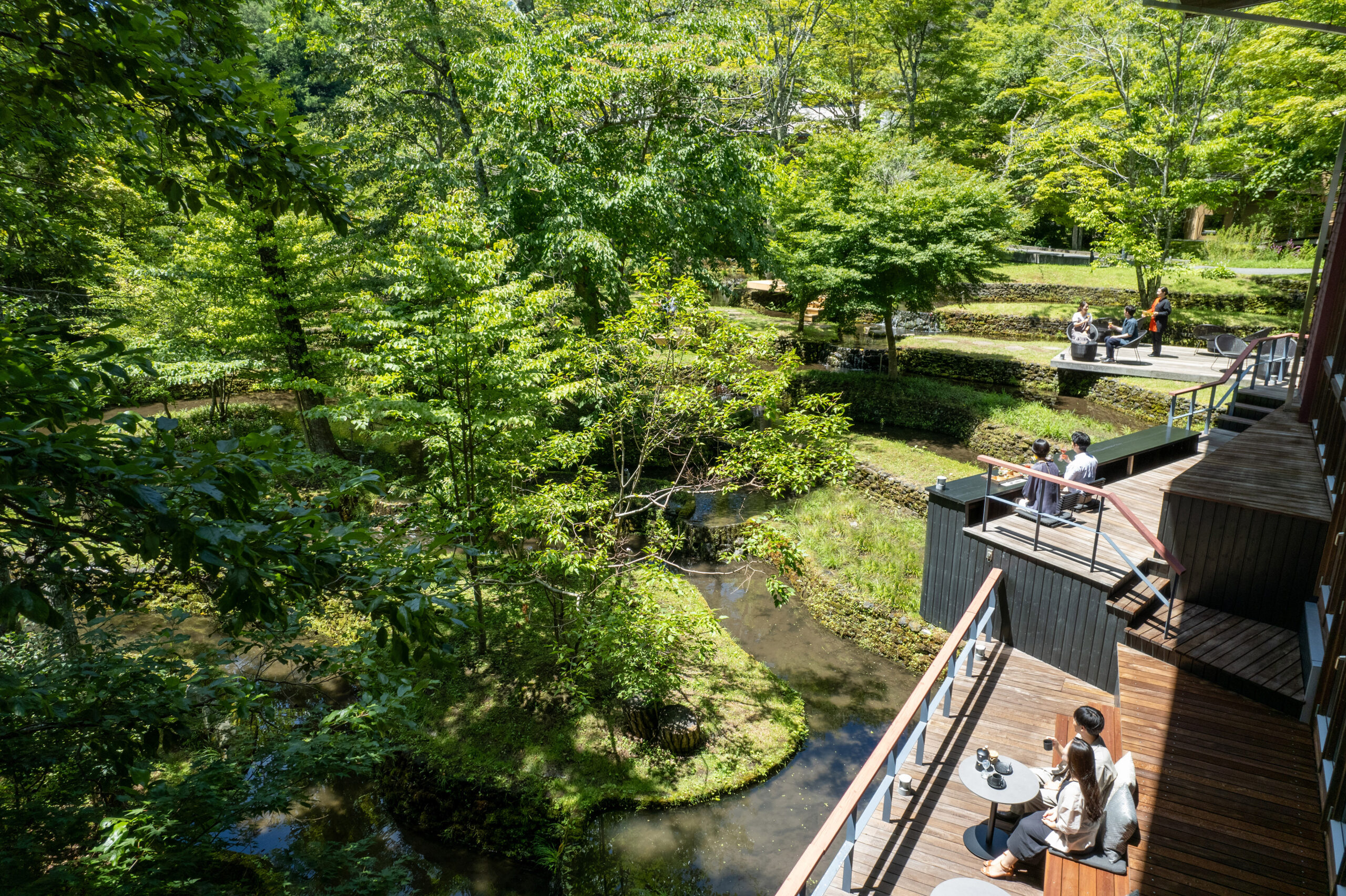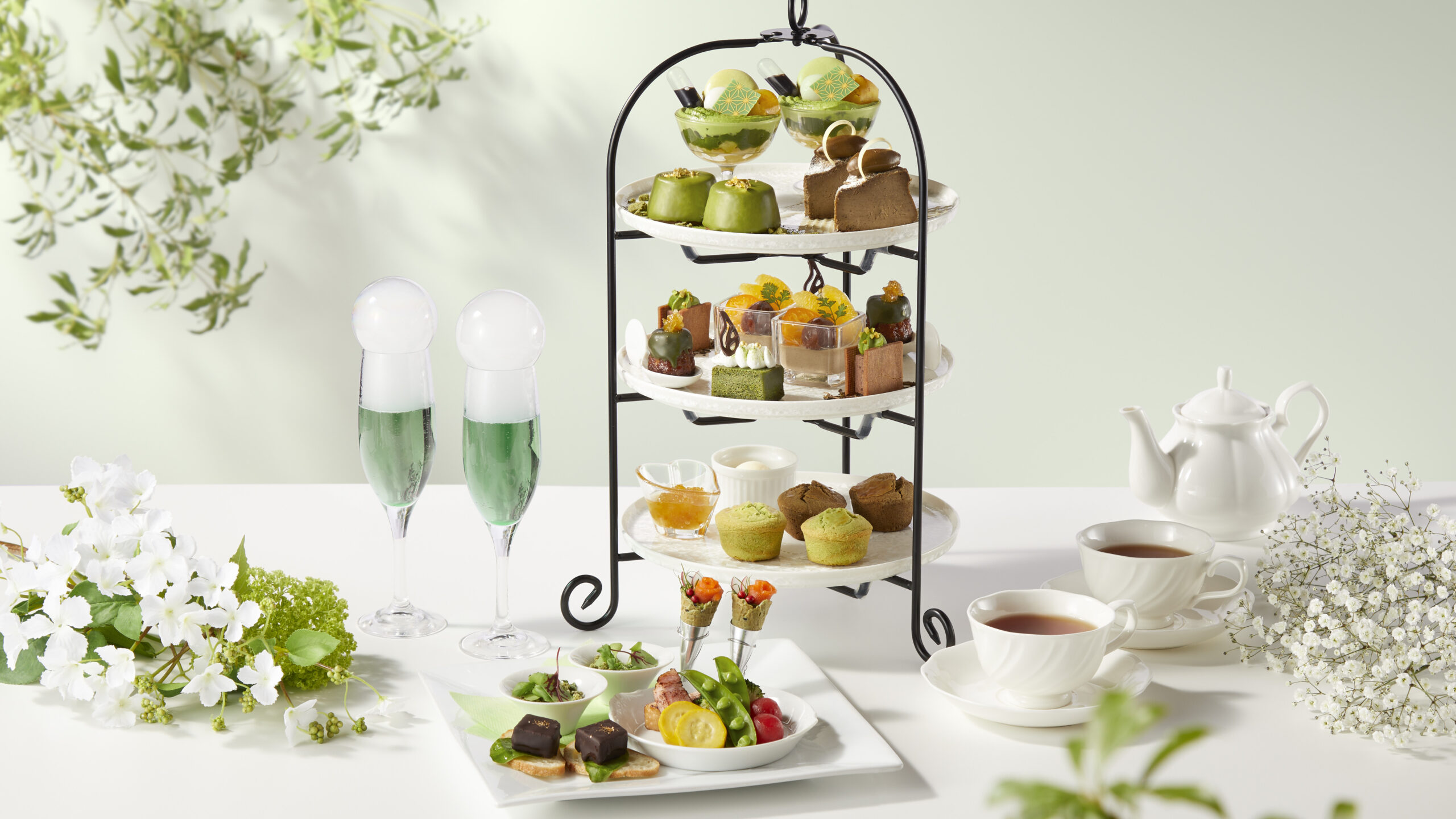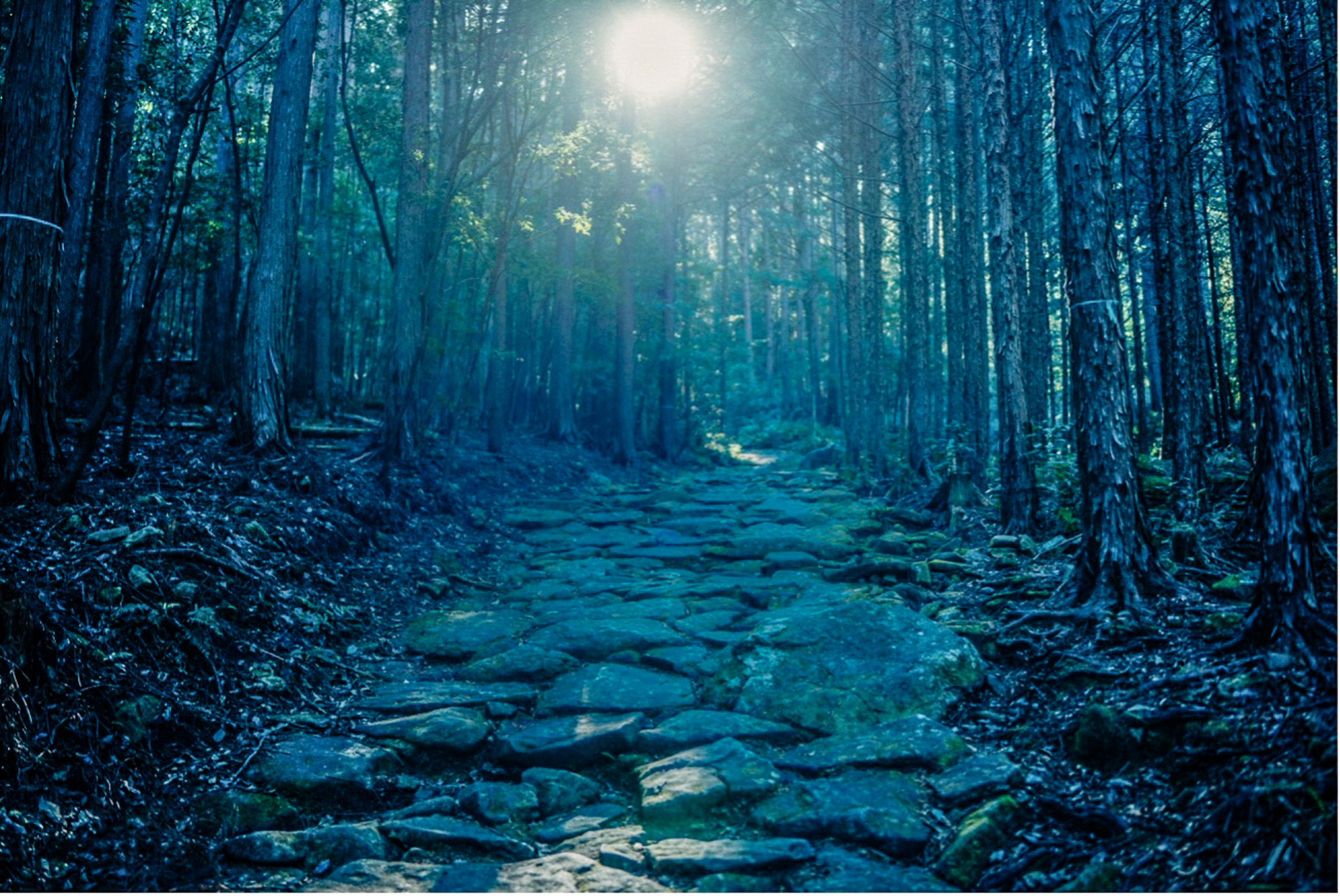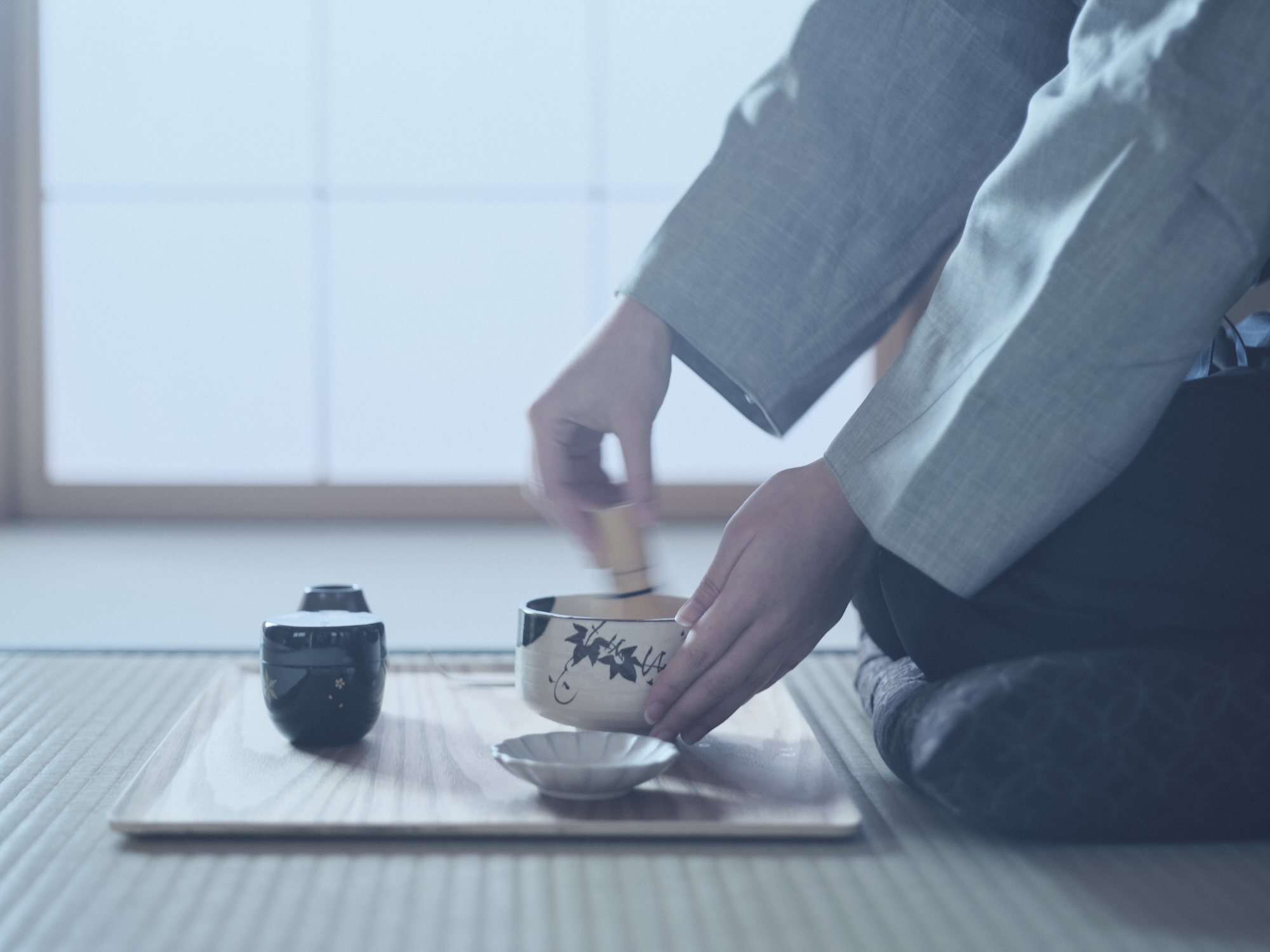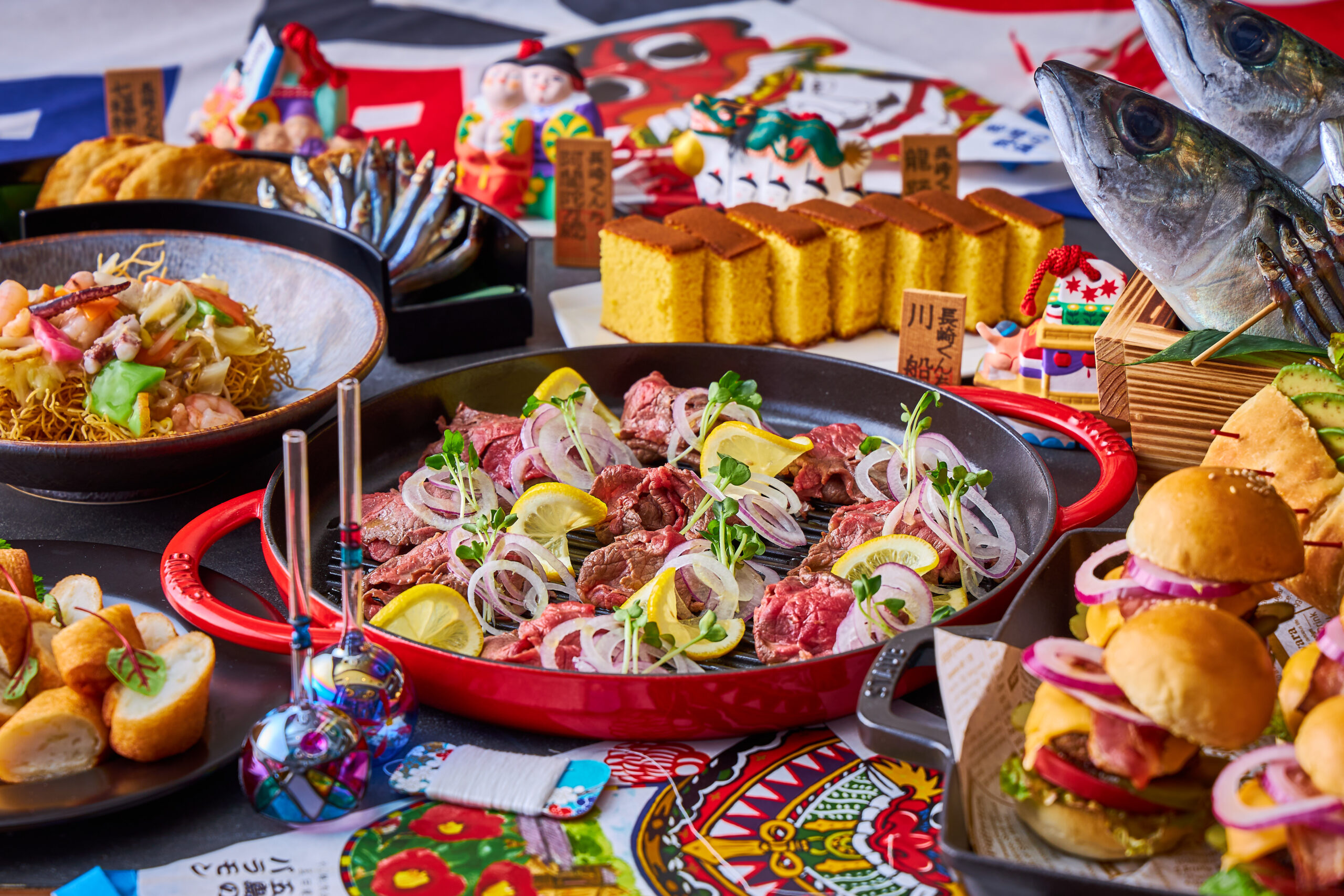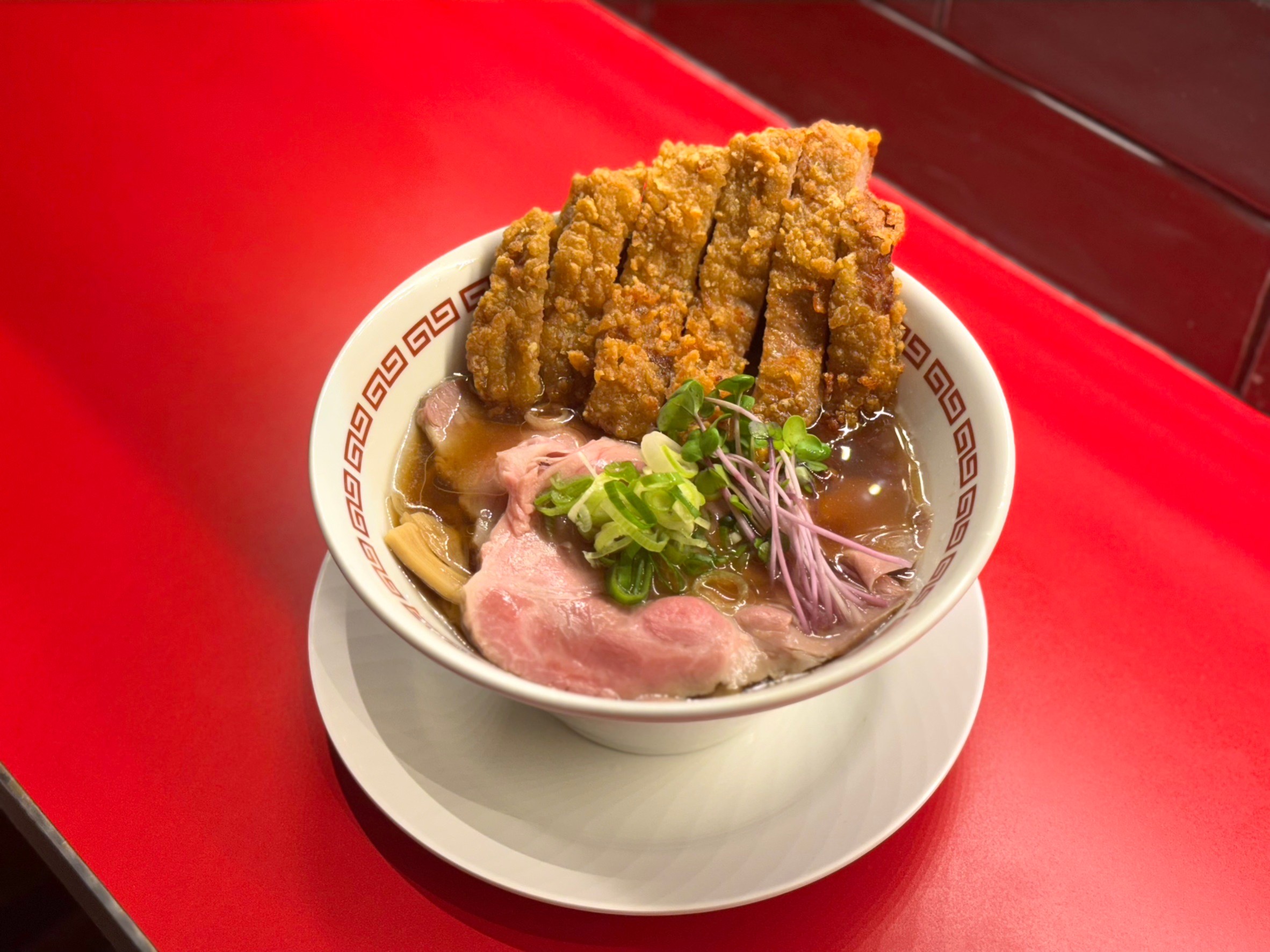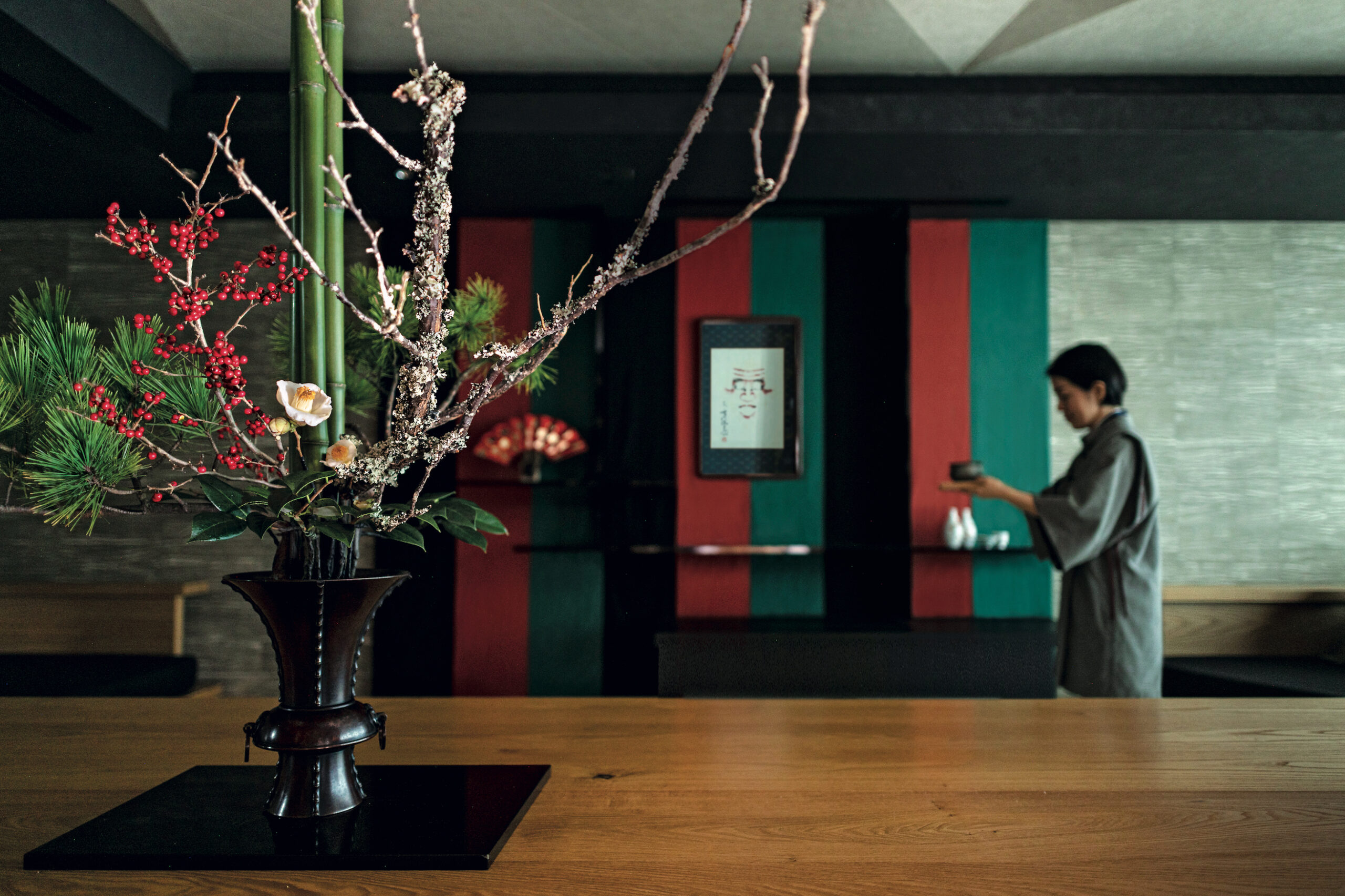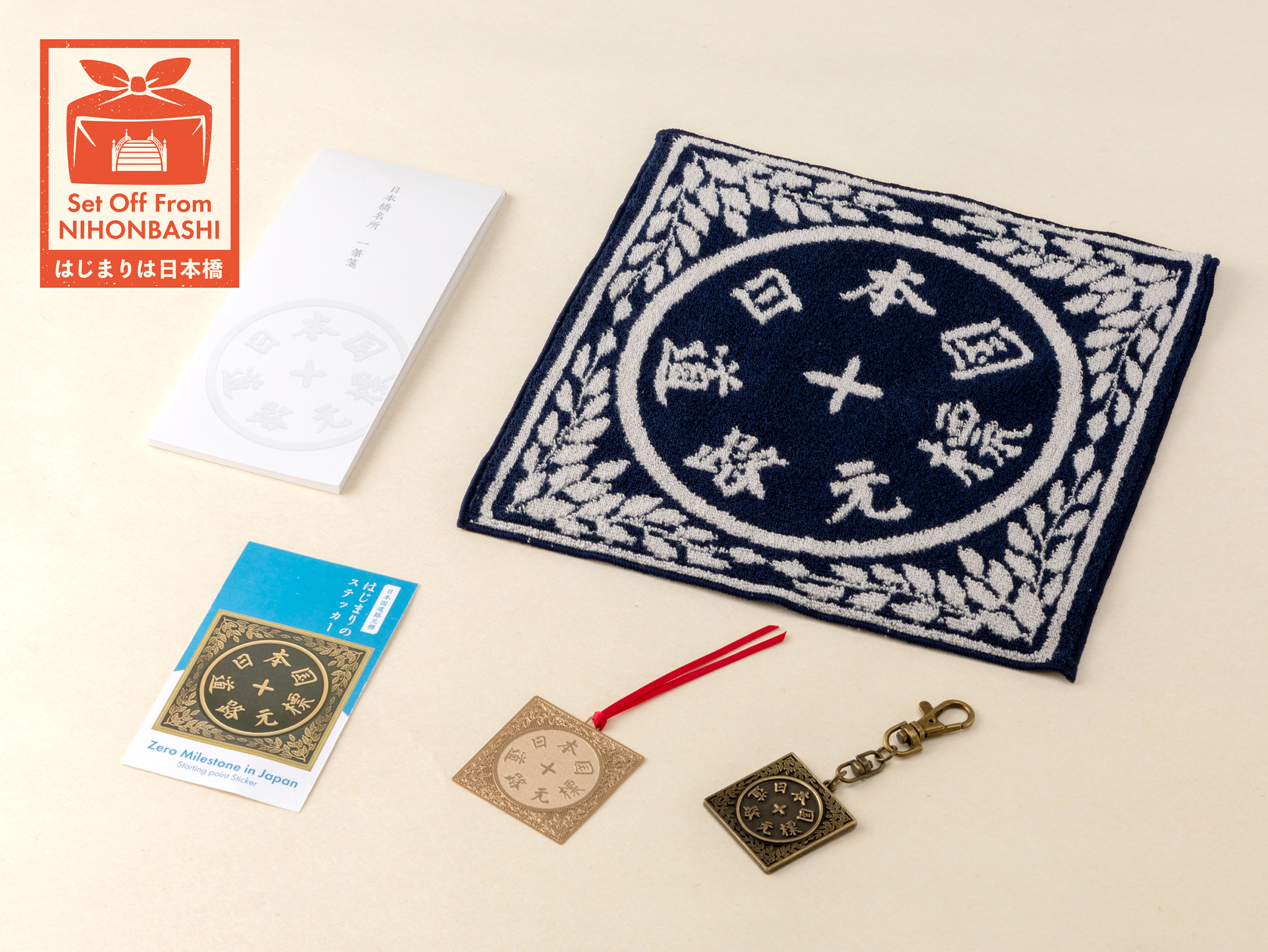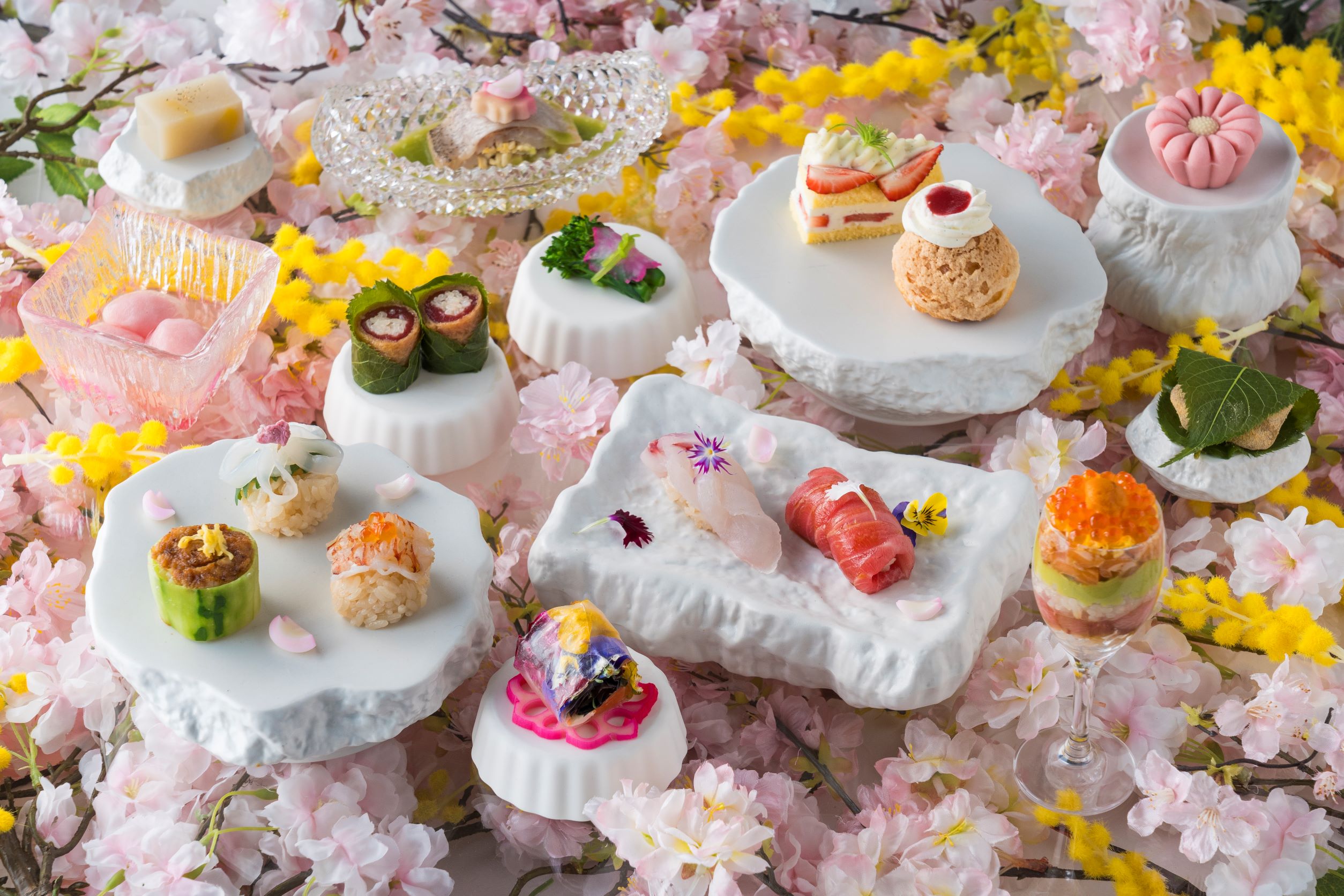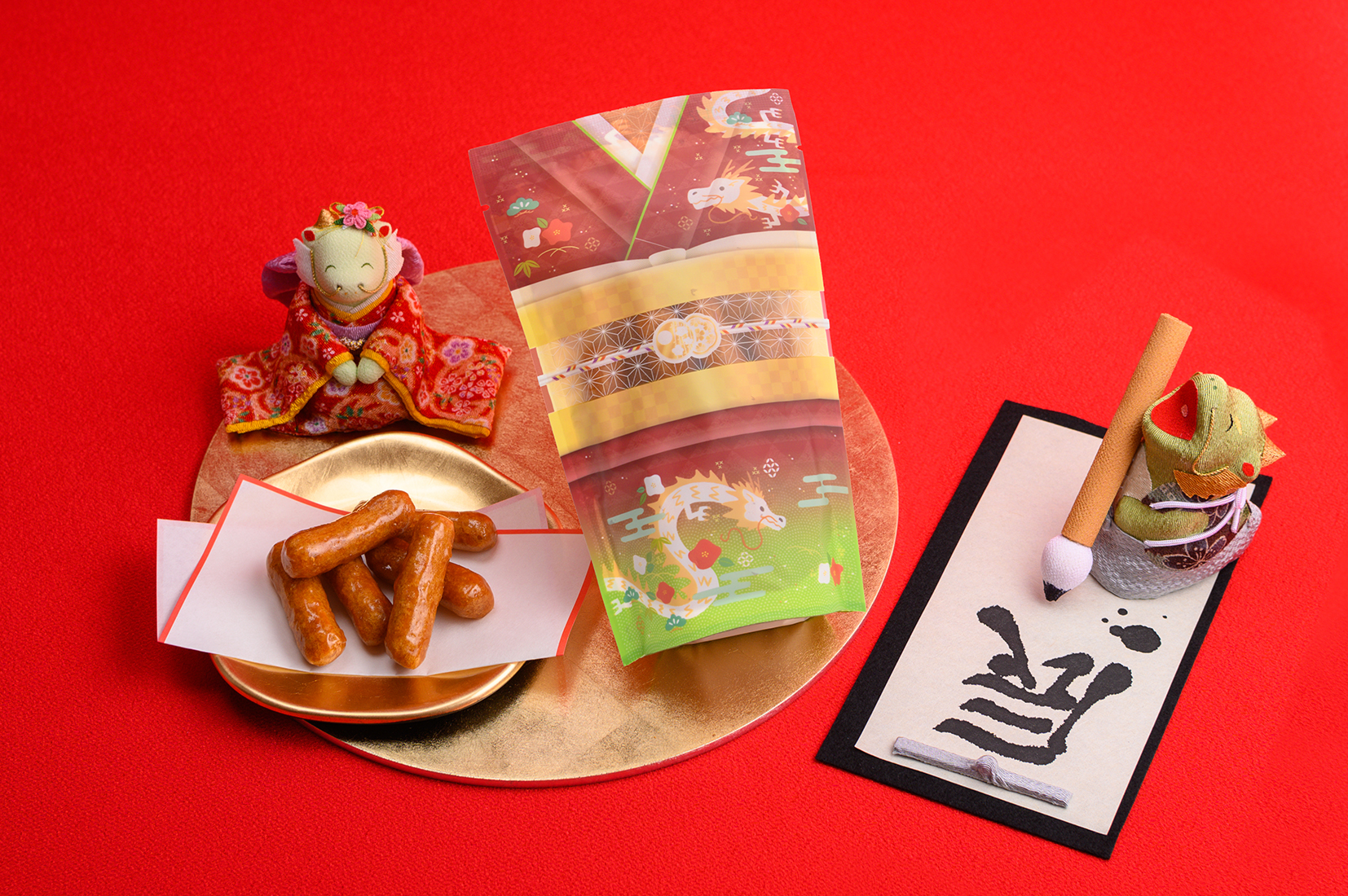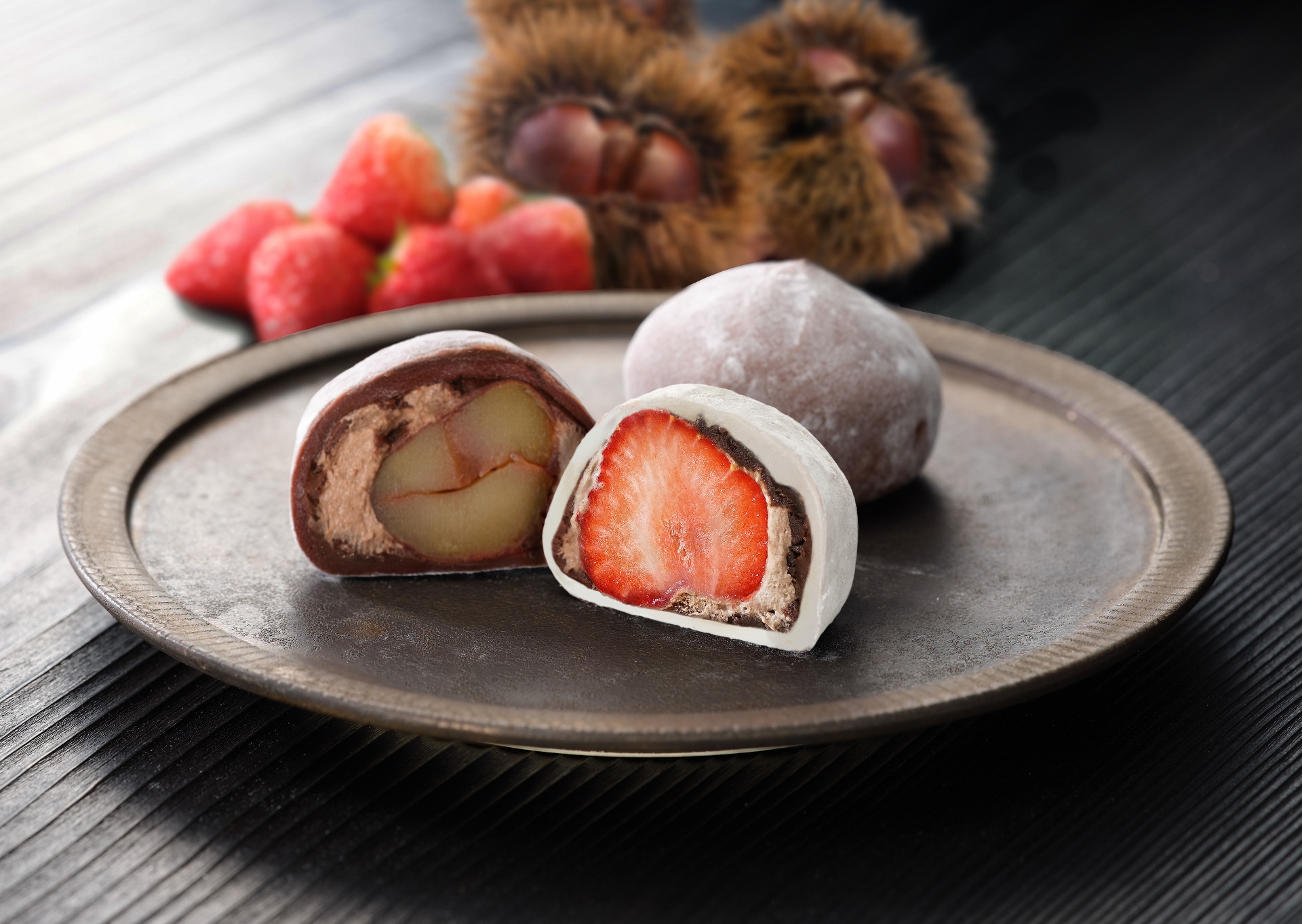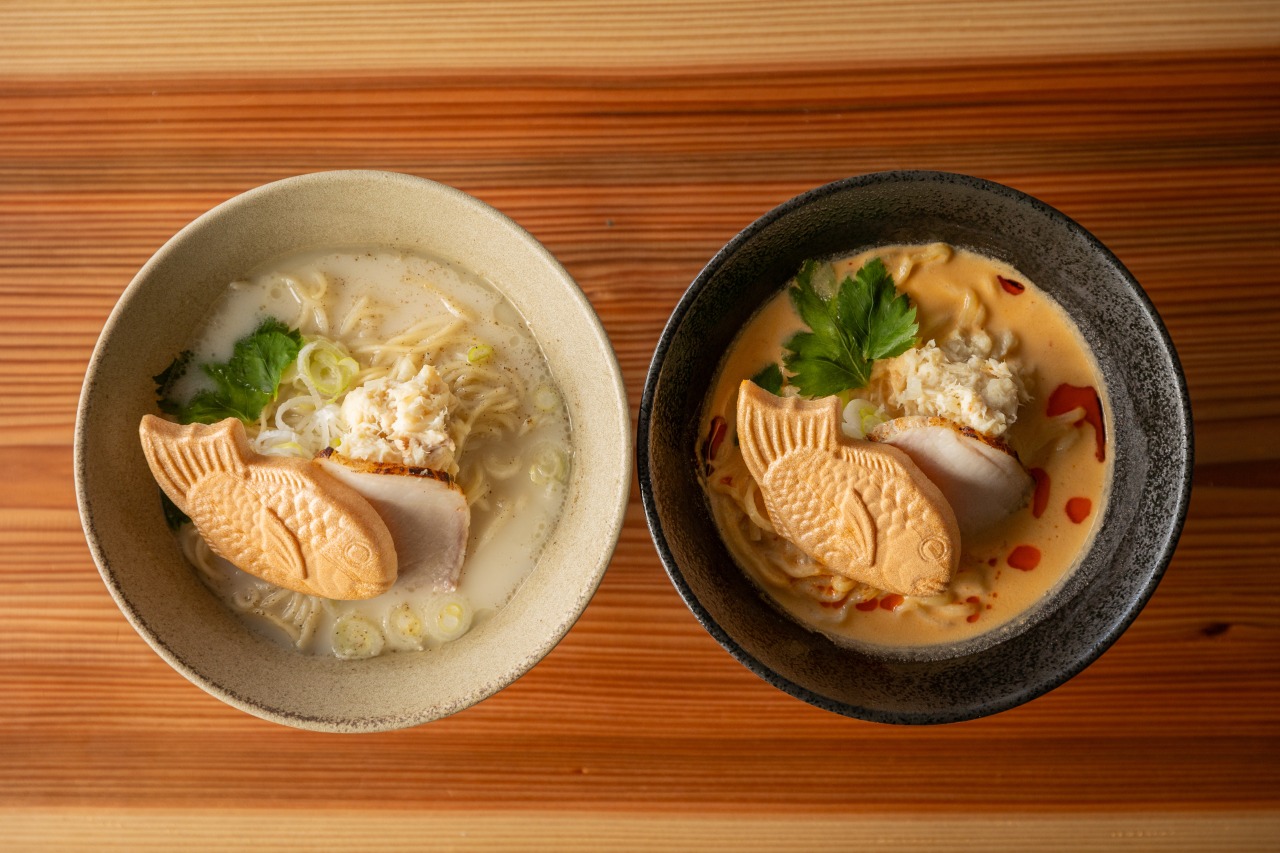The world’s largest peony garden “Tsukuba Peony Garden” (Tsukuba City, Ibaraki Prefecture, director: Koichi Seki), which boasts the world’s largest peony garden with approximately 60,000 peony and peony roots, has been shortened this year due to the new coronavirus. However, at this moment, more than 40,000 peonies have blossomed and are in full bloom. As an online project for fans who can not go to Peony Garden this year and customers who are far away, we will stream a video of the “Peonies floating on the water” from May 15 (Friday) (The garden is peony every weekend) Is floating on the surface of the garden).
In this video, we will also show behind-the-scenes scenes that are not usually seen, such as the situation of skilled peonies farmers in the field. Although the flowers have passed their shipping time, we will make effective use of the beautiful flowers that are in full bloom, and will continue to beautifully decorate the surface of Tsukuba Botan Garden this year.
In addition, the annual garden special items peony tea and cookies will be sold online for a limited time. In addition, we would like to thank those who have always supported our garden, and will be selling the pre-sale admission ticket for next year at a discounted price online for a limited time only. Tickets will be mailed around March next year with a thank-you postcard.
We hope that even those who continue to refrain from going out can enjoy the flowers that are at the peak of beauty right now, and utilize them for healing nest life and stress relief.
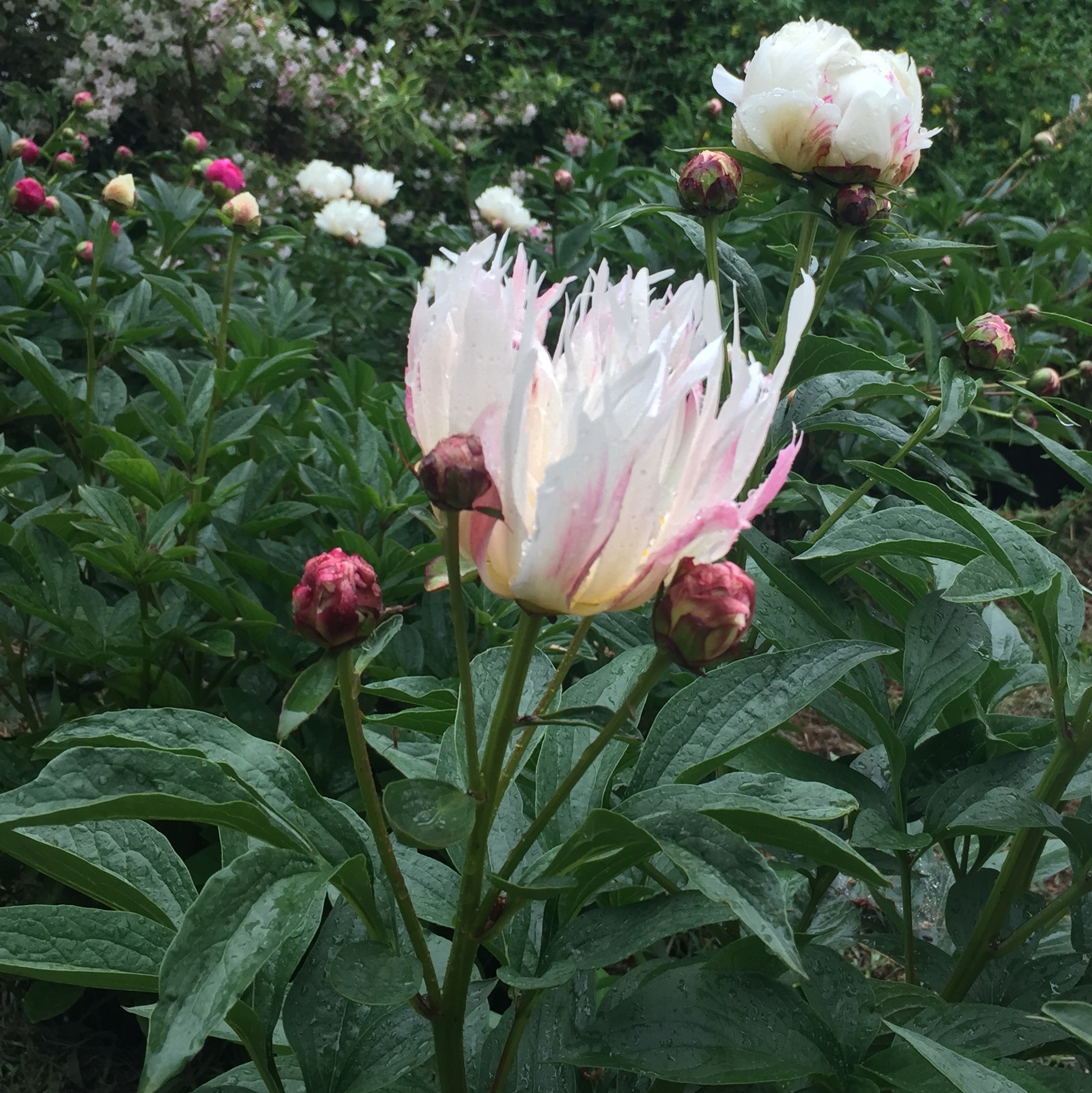
Reiwa flower
■ What is Tsukuba Peony Garden?
Despite being a 40-minute drive from Tokyo, this garden, which has a rich natural landscape that makes it even more popular for kingfishers, has a beautiful mortar-like landscape. It is the world’s largest garden of peony and peony that grows 60,000 strains of 800 species in total. Some of them are 150-year-old stocks and rare species only found here. All of these vast lands are managed by pesticide-free farming and enzyme farming, and the minds and techniques of the earthworkers and their unique farming methods are attracting attention from specialists and enthusiasts alike.
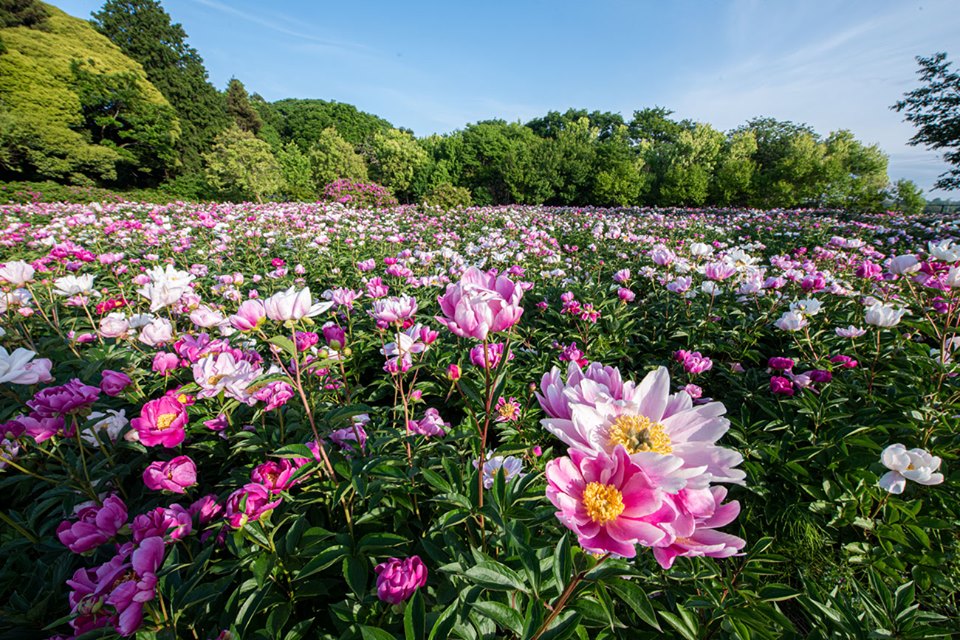
Scenery in the park
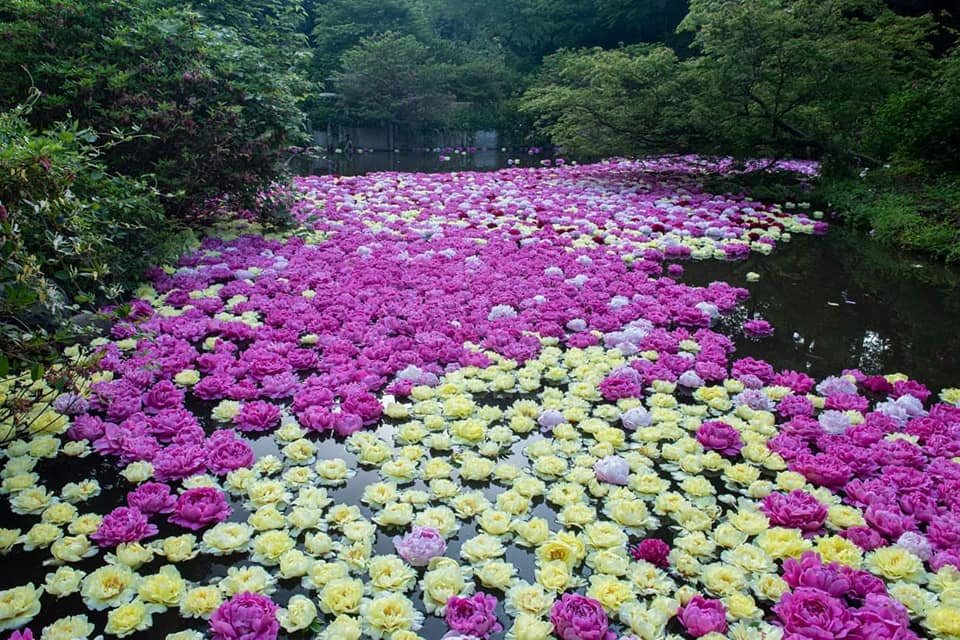
About 8,000 peonies floating on the surface of the water
■ Under construction of soil through "Thoroughbred horse-fun composting"!
In our garden, which has been practicing completely pesticide-free and enzyme farming for more than 20 years, we jointly conducted the “Thoroughbred Compost Ecosystem Project” with the Faculty of Agriculture, Ibaraki University and Megumi Daichi (Ami-cho, Inashiki-gun, Ibaraki Prefecture). We are promoting. Miura is famous for its thoroughbreds, but it takes a lot of money to treat horse buns, and it is thought that rainwater penetration of the components of horse buns during the composting process is one of the causes of water pollution in Kasumigaura. I came. In our garden, we succeeded in composting horse buns for a short period. When actually used by farmers, the yield and quality of vegetables were improved, the flowers of peony and peonies were also large in this garden, the flowering period was long and the coloring was good. The commercialized compost “Thoroughbred Miho” is now sold not only in our garden but also in local home centers.
Thoroughbreds are subject to strict doping tests and are eating foods that do not contain antibiotics, so their horses are safe and secure. It has a high mineral content and maintains a good balance of microorganisms, resulting in a strong soil. As a result, pests and diseases are reduced in the fields, so that they can be grown without pesticides (reduced pesticides) like our garden. Thoroughbred Miho is characterized by its immediate effect and soil improvement effect. Since it can be composted in a short period of time, it does not require a huge composting center, and is now attracting attention as an environmentally sustainable sustainable regional agricultural system.
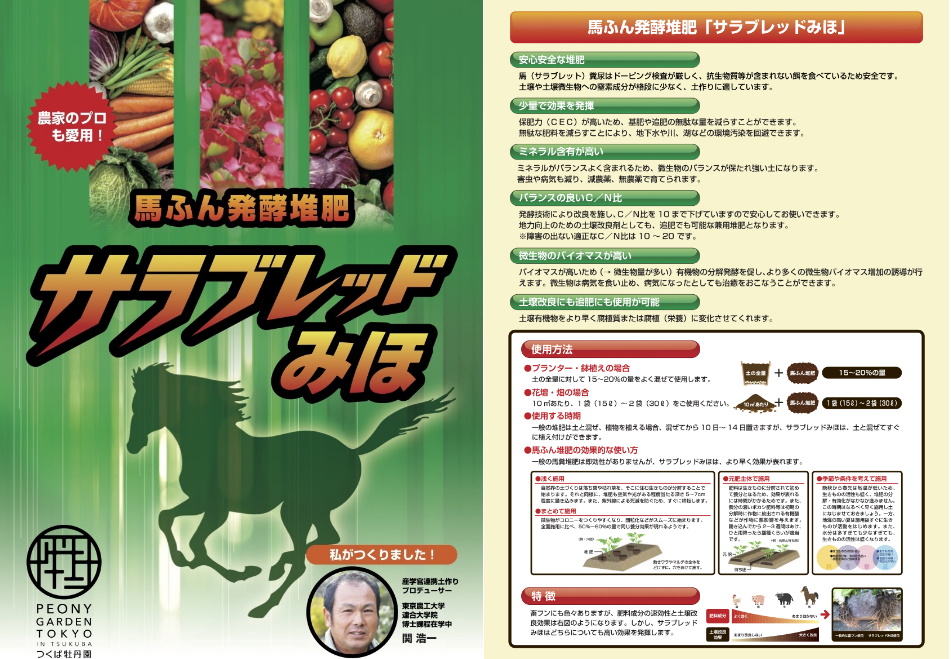
■ Outline of Tsukuba Peony Garden
| Name / English notation: |
PEONY GARDEN TOKYO in Tsukuba |
| Opening period: |
Saturday, April 11, 2020-Sunday, May 24 |
| Closed day: |
Rainy sun |
| Business hours: |
Weekdays 9: 00-16: 00 (Last entry 15:30)
Saturdays, Sundays, and holidays 9: 00-16: 30 (Last admission 16:00)
* This season has been shortened to prevent infectious diseases such as the new coronavirus. |
| Location: |
500 Wakaguri, Tsukuba City, Ibaraki |
| Access: |
Visiting by car [1 hour from downtown]
Joban Expressway Yatabe IC → 5 minutes via prefectural road 143
Parking lot 300 normal cars / 20 large cars (free)
Visit by train [1 hour and a half from central Tokyo]
・ 55 minutes from Joban Line Ueno Station → Get off at Ushiku Station →
20 minutes by bus to Midorino station → 5 minutes on foot from Kukizaki Wakakuri bus stop
・ Get off at Tsukuba Express Midorino Station →
15 minutes by bus to Ushiku Station → 5 minutes walk from Kukizaki Wakakuri bus stop |
| Admission fee: |
Adult 1,000 yen, children (junior high school students and younger) free
* Group discount (20 people or more): 20% OFF
* Show disability certificate: 20% off
* Pets can enter the park. Please attach a lead and enter the park. |
Japanese page
> English
* Please check the official Facebook page for the latest information.
> Facebook
